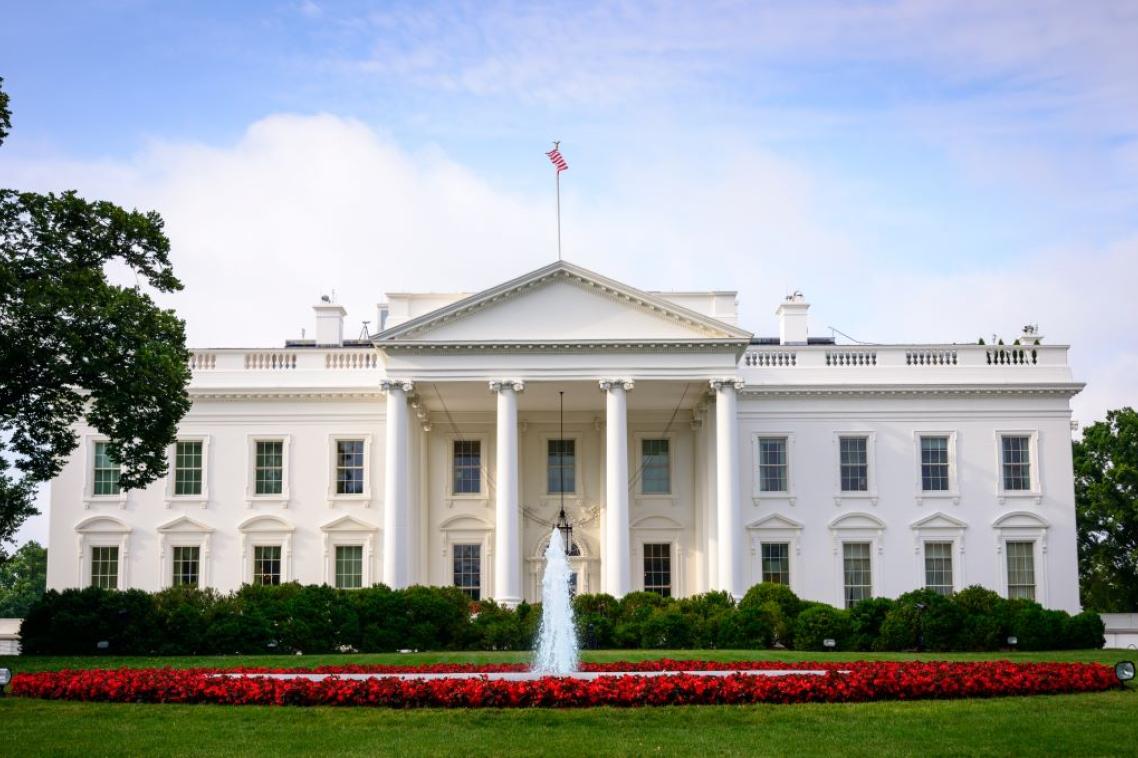UQ researcher journeys to the centre of the cell
The discovery of a fundamental new route into cells may lead to new methods of drug delivery and to a better understanding of viral infection.
Researchers from The University of Queensland’s Institute for Molecular Bioscience (IMB), and the Centre for Microscopy and Microanalysis used electron microscopy to uncover new structures, 100,000th of a mm in size, which are involved in the very first step of particle and nutrient uptake into cells.
Cells require a constant flux of nutrients and other chemicals for survival and it is vitally important to understand how these materials reach the inside of the cell.
IMB’s Professor Rob Parton said that endocytosis, the process of regulated uptake by the cell was vitally important, occurred continuously, and a cell virtually ate its entire skin every 30 minutes.
“Endocytosis can be hijacked by viruses to enter the cell and so understanding this process can provide avenues to stop some viral infections. In addition, endocytosis can be used by researchers aiming to deliver drugs into cells,” he said.
“This new pathway was long suspected, however our work was the first to conclusively prove its existence and to identify the cellular structures involved.
“The discovery of this pathway presents unexplored avenues for the development of new drugs to fight certain viral infections, as well as opening up new possibilities for drug delivery or gene therapy.
“In addition we believe this pathway is extremely important in evolutionary terms and will provide important information about the development of complex organisms,” Professor Parton said.
He said the next step was to determine the proteins and genes involved in the process.
Professor Parton also acknowledged the contributions of his co-workers, in particular Matthew Kirkham (PhD student) and Akikazu Fujita (visiting scientist) who jointly conducted the majority of the work at the University of Queensland, as well as his overseas collaborators in India, the United States, and Germany.
Professor Parton’s work was published in the internationally recognised Journal of Cell Biology.
The IMB is at the forefront of the drive to understand the programming and regulation of mammalian growth and development, which will significantly impact on human health through new therapeutics and diagnostics.
Media: For more information contact Rob Parton (07 3346 2032) or Russell Griggs (07 3346 2134)
Related articles

Libertarian tech titan Peter Thiel helped make JD Vance. The Republican kingmaker’s influence is growing

Link proven between gut inflammation and inflammatory arthritis
Media contact
UQ Communications
communications@uq.edu.au
+61 429 056 139
